Kin Khao Duai Gan Kha/Let’s Share a Meal
Kin khao duai gan kha (let’s eat together) is one of the first phrases I learnt in Thailand. It often marked a moment when strangers became friends. Getting to know and love the food of this country and connecting it with memories of food from my homeland made me feel at home here.
Food brings people together. Sharing a meal with friends and family is one of the simplest pleasures of life. People across the world, rich and poor alike, take pleasure in cooking and eating together. Food memories are special for all of us. Years after we have eaten a meal, we remember its taste and smell, the place, and people with whom we had shared it and how we had felt at that time.

Questions & Concerns
But we can’t talk about food without talking about its absence. About hunger and malnutrition. About the inequality and unfairness in our food systems. About the degradation of environment that we have caused to produce more food. There is enough food to feed everyone, but hunger and malnutrition are a reality for at least 10% of the world’s population. The 2023 Global Hunger Index (GHI) projects that the situation may worsen in the coming years. The report notes that unless timely action is taken, today’s youth are poised to inherit food systems that are unsustainable, inequitable, and non-inclusive.
While an increasing number of middle-class people around the world are becoming conscious about their diet and opting for healthy food and organic produce, the urban working class is increasingly reliant on fast food. Yesterday’s smallholder farmers and rural crafts persons are today’s urban migrant workers in precarious jobs. They do not have time or space to grow their own food. Nor do they have money to buy chemical and pesticide-free food. How, then, can low-wage workers ensure that they and their children have enough food and adequate nutrition? Shouldn’t healthy food be available to all at affordable prices? The systemic and policy level challenges to achieving food security for all are overwhelming. But the good news is that activism around food sovereignty is also getting stronger and there are many initiatives in different countries to bring about systemic changes. How can we link their work with ours and learn from them?
Connecting Social Justice Movements
These questions and concerns have become urgent for GAATW alongside our deepening engagement with women workers in low-wage jobs. Women Workers Forum, one of our core programmes, has created a space for intersectoral and inter-movement dialogues among women in a range of low-wage jobs. The specific context of each group is different but there are similarities among them. Some members of the Forum are based in rural areas and work on the land as agricultural wage labourers or smallholder farmers. Thanks to the sustainable agriculture movements and state support, they have a high degree of food literacy. It is the urban workers, often internal migrants, who have a low level of food security. They earn more than the rural women workers, but costs of living in the cities are also higher. Domestic workers who live in their employers’ homes often talk about inadequate food and inability to cook their own meals. Those who live with families in the cities live in cramped spaces. Many also have meagre and uncertain incomes, nominal or nonexistent social protection and long working hours. We wanted to start a conversation about food with them. To find out what they eat, how much nutrition they get and what steps can be taken to make their diet healthy, tasty, and affordable.
Following a discussion with our Thai member Just Economy and Labour Institute (JELI), we decided to co-organise preliminary workshops with two groups of women workers. With World Food Day round the corner, it seemed timely to have conversations about food. Our first workshop took place on 12 October in Bangkok, with a group of gig workers who work in food and service delivery. The other one was held on 14 October in Chiang Mai, with a group of Shan women employed in different informal jobs. JELI works with both groups to support their learning initiatives and collective advocacy.

We invited Studio Horjhama to be our knowledge partner in the workshops. Ann (Sasithon Kamrit), the founder of Studio Horjhama, is a theatre and food activist and an old friend of GAATW. I had met her more than 20 years ago when she was part of the Gabfai Community Theatre Group, a GAATW member that works with Hill Tribe children in Northern Thailand to protect their rights. Ann has now combined her love for the environment, marginalised communities, theatre, and cooking. She works with indigenous communities in Thailand to preserve their food cultures and is an active member of the Food4Change campaign. Led by BioThai Foundation, the campaign mobilises consumers to push for structural change in Thailand’s food system. It envisions “a system where smallholder farmers’ rights are respected, and where small-scale food producers and local vendors can make a decent living, and where the environment is protected from contamination and destructive infrastructure development”.

The Food Literacy Workshop
Workshops on food must include cooking and eating together! And that is what we did.
In Bangkok our venue was the beautiful Growing Diversity Park of Bio-Thai Foundation in Nonthaburi. Ann and her colleague Ut (Chawisa Uotamugn) came from Chiang Mai on the previous evening and were ready to welcome us at the venue. Eighteen women gig workers had set aside their day’s work to participate in the workshop.


After a brief introduction, Ann and Ut led the group to prepare four simple and tasty items - fresh spring rolls with rice paper, fish and vegetables, a delicious dip to go with it, steamed spring rolls with meat and vegetables, and a clear soup using some easily available and inexpensive vegetables. No MSG was used in the food and all ingredients were sourced from the local organic farmers’ market. “Spring rolls are familiar to us, but these taste so fresh! I can’t believe that food can taste so good even without MSG”, exclaimed Yok, one of the participants. They talked about not being able to grow anything in the city. They also said that their working hours did not allow them much time to cook either, so they mostly bought all their meals. “But I learnt today that I should find some vegetables from my local market and with a little planning I would be able to cook at least a few meals every week”, said Nok.
Soon it was time for lunch and the kitchen staff of Bio-Thai Foundation served a delicious meal for us. After lunch, Ann and Ut led us through some group work. We had to think about the meals we often ate and see if we knew the source of their ingredients. Barring a few, most of us only named the shop from where we bought the food. The last session of the day was an exercise to look at some of the popular snacks available in local supermarkets, read the information printed on the packets, write it down on a sheet and share with the group. As we looked at the information, it was clear to all of us that the popular items such as Lays potato chips, Pocky chocolate sticks, jellybeans, condensed milk, instant noodles, and the Orange Drink have hardly any food value. Worse still, many of these contain ingredients that may cause harm to our health. The ubiquitous convenience stores and the advertising and packaging gimmicks have made these snacks every child’s (and some adults’) favourite. How can local snacks compete with these? Some of the workshop participants said that they will talk to their children about this and encourage them to eat healthy snacks which are available in local markets.
The workshop in Chiang Mai was similar to the one in Bangkok. Studio Horjhama, Ann’s lovely mud-house in Mae Rim, was our venue. The participants this time were women of Shan ethnicity living in Chiang Mai. Although some were migrants from Myanmar, most younger women were born and/or brought up in Thailand. All of them could read and write Thai very well. Some were students doing part-time work in the hospitality sector, others held various odd jobs. Like the gig workers, these women also enjoyed the workshop very much. It made them think seriously about what they eat, where it comes from, what goes into their favourite snacks and what nutritional value it has. Interestingly, some of the participants were students of home economics and food and nutrition are part of their curriculum. They all agreed that healthier and tastier food options are available, and some are within their budget. Some of them also said that it will be possible for them to grow a few things in pots or in their backyard. The first step would be to be mindful and look for options.
What Next?

Would workshops like this have any impact? Aren’t the problems too big to be addressed by such simple initiatives? Clearly these are not just behavioural problems. It is unfair to expect working class people to change their habits when nutritious food is very expensive. The states have a big role in making healthy food available to all.
But we need to start somewhere. I am not sure if all participants will completely stay away from junk food. But now they will surely think twice about it. At least some of them will be able to resist the temptation and opt for real food.

Some of our participants in the Bangkok workshop became very concerned by information they saw on two posters in the meeting room of Bio-Thai Foundation. One was worrying statistics from the Bureau of Nutrition in the Ministry of Public Health (2021) that the child stunting rate among Thai children aged 0-5 years is 11.7% and among children aged 6-14 years it is 9.7%. The other poster shared findings from recent research carried out by Thai-PAN, which found that 67% of the fruits and vegetables at five supermarkets and 11 provincial markets had chemical residuals that exceeded the allowed limits. . As Ann explained, it is ironical that the level food safety and security is going down in Thailand which is considered the World’s Kitchen!
Organisations and networks such as Bio-Thai, Thai-PAN, Slow Food-Thailand, and many others are working at community and policy levels to change the current food system in the country. Similar organisations and movements are active in other parts of the world too. Change may take time, but it is possible.
At GAATW we can try to bring the knowledge created by our colleagues in the food sovereignty movement to the people we work with. We can integrate some of the sustainable practices into our work. These conversations on food that we have started with women workers should continue.
Here is to many more meals together then! Or as the people of Akha tribe say, Horjhama/Let’s go and eat!
(With grateful thanks to the members of Women Workers Forum in Bangkok and Chiang Mai, Keng and Yao from JELI, Ann, Ut and their team at Studio Horjhama and friends at the Bio Thai Foundation.

Picture Credit: Alfie Gordo, GAATW
Text: Bandana Pattanaik, GAATW



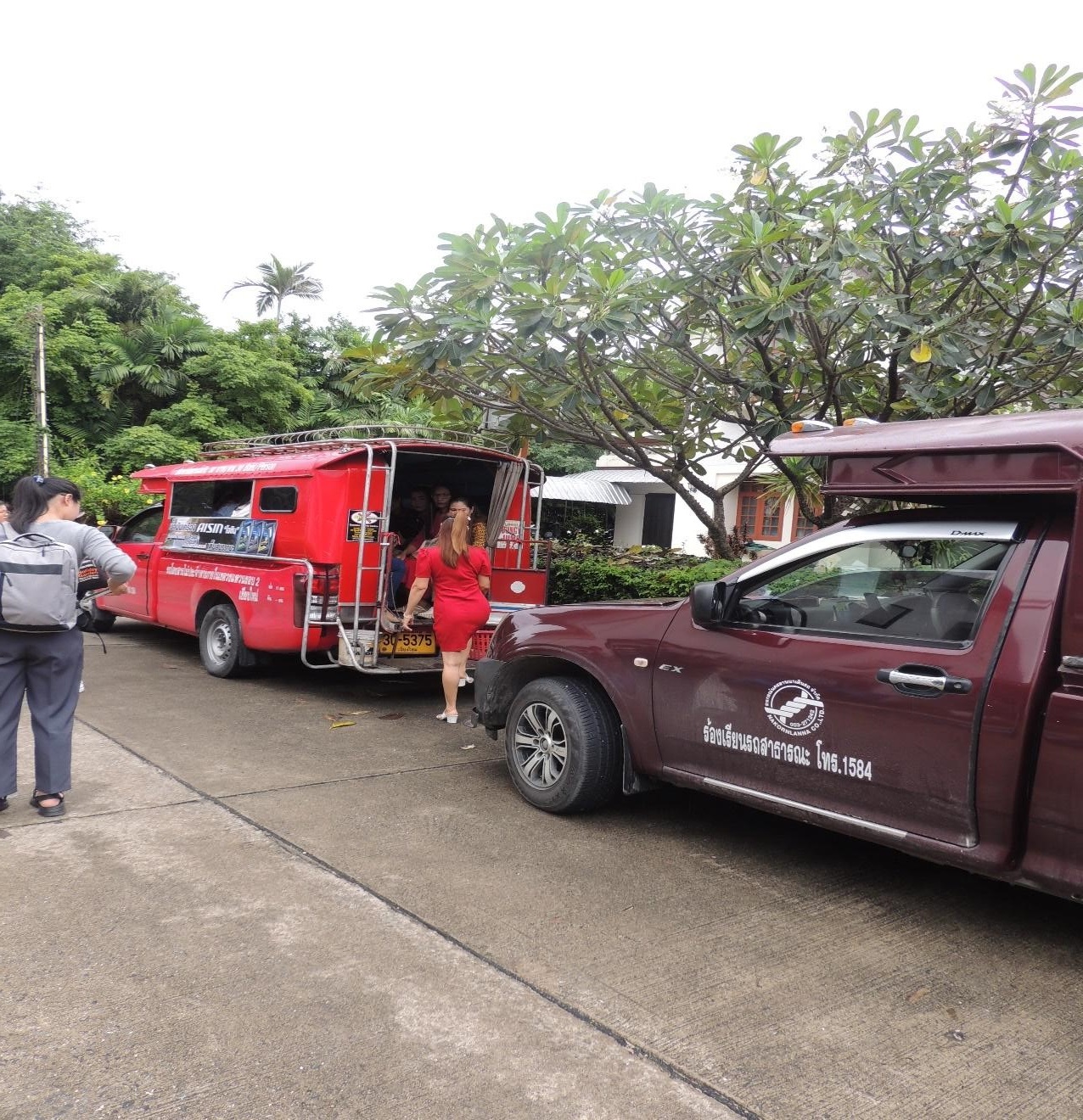
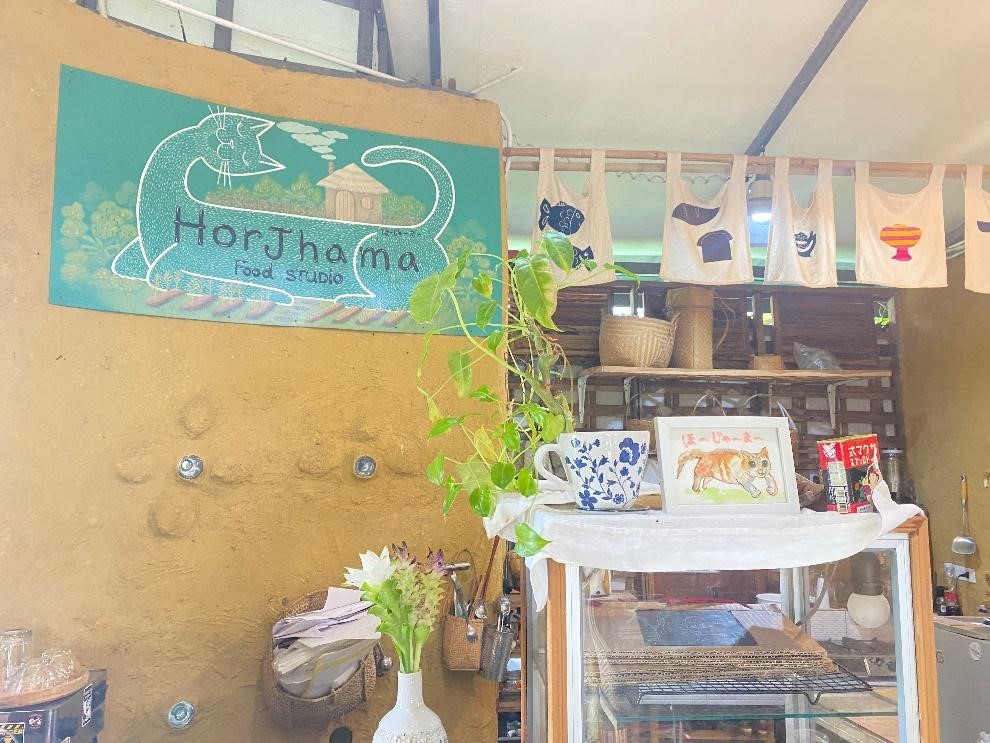
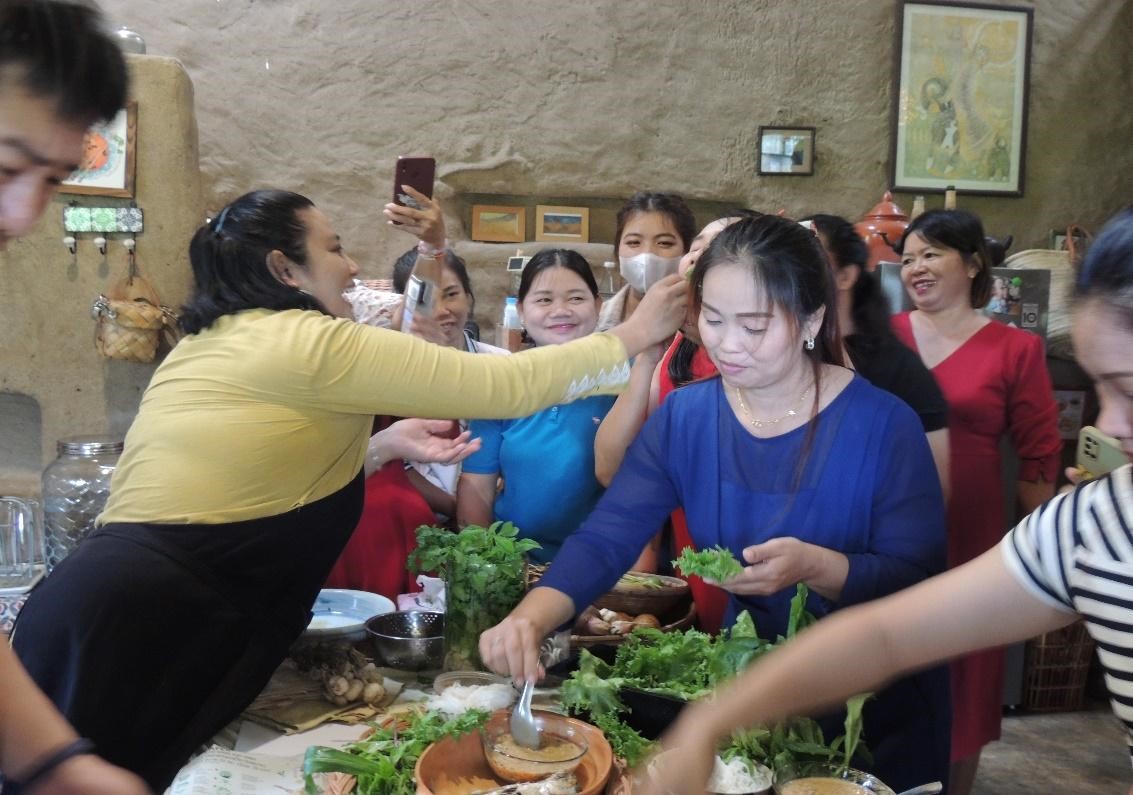
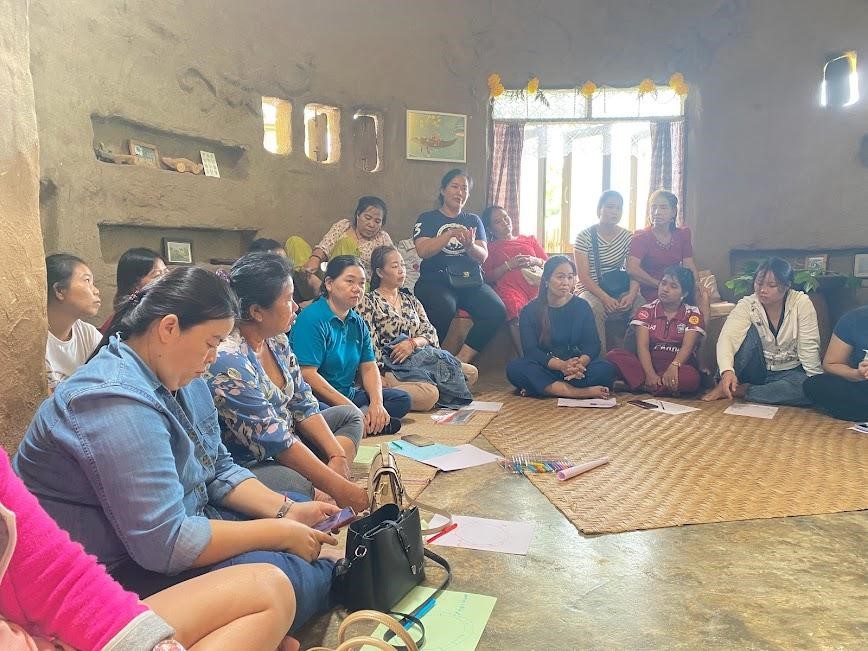
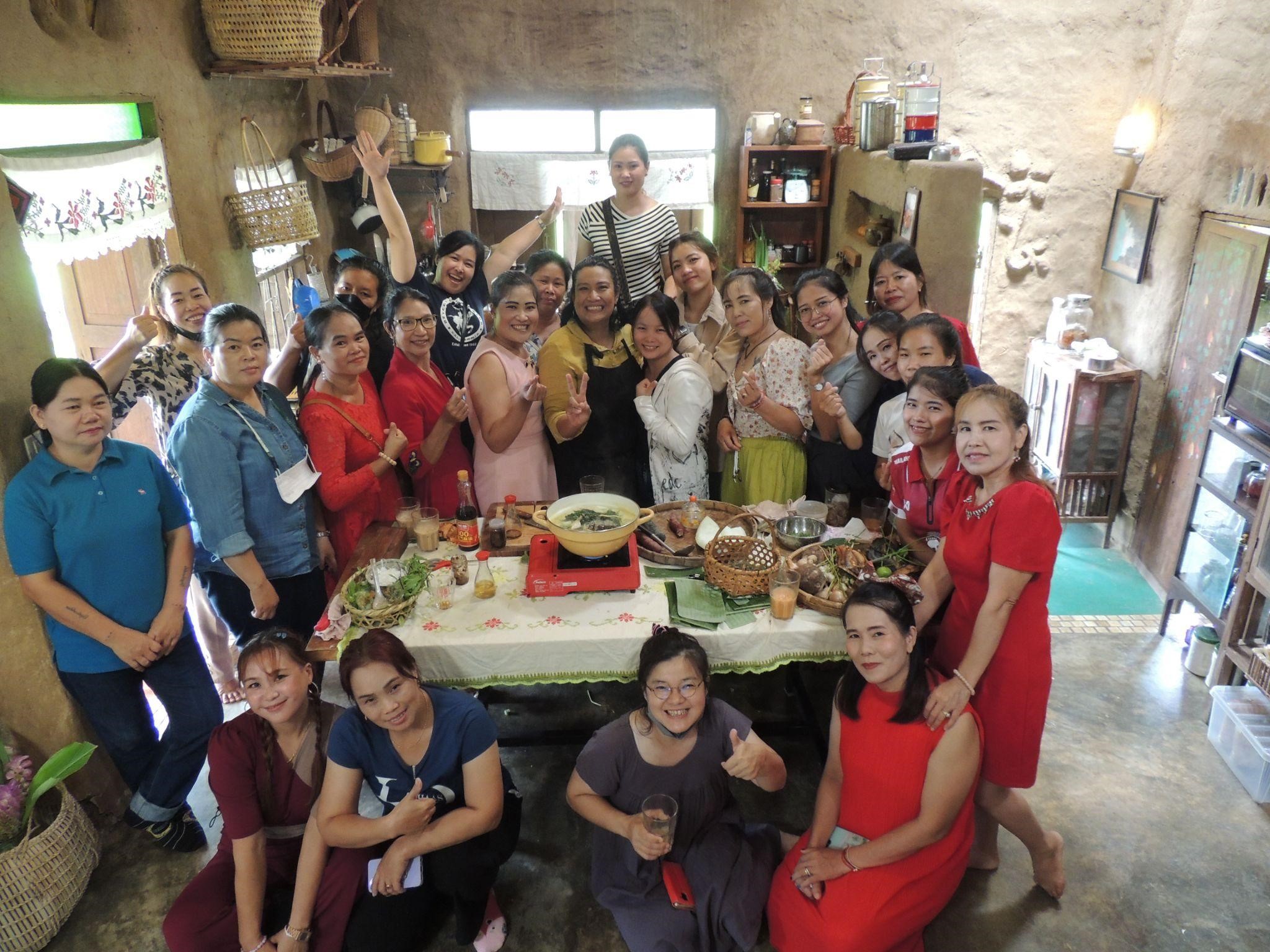
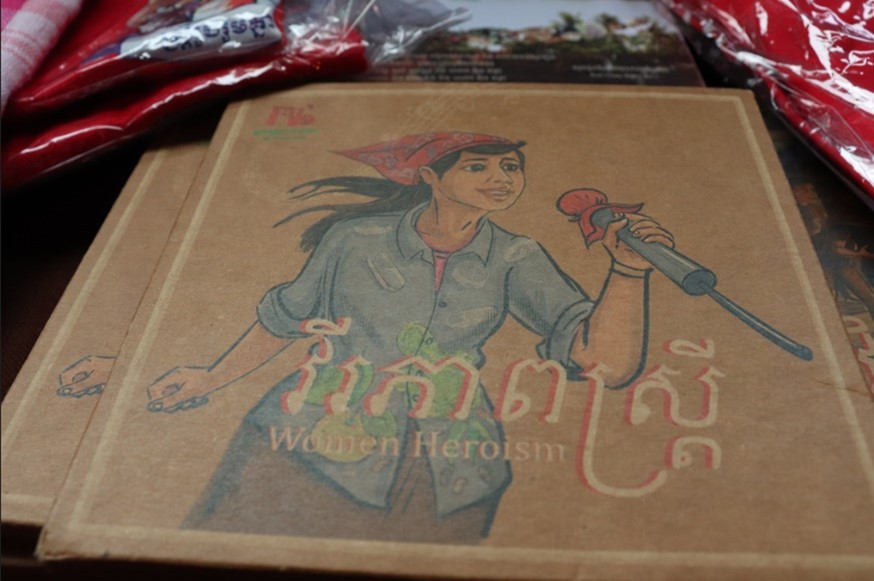
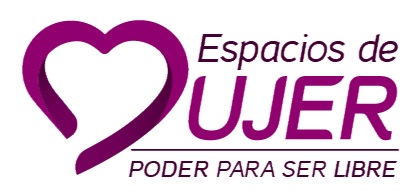 A pesar de la existencia de marcos normativos, leyes y decretos que reafirman la responsabilidad de los Estados en la lucha contra la trata de personas, en América Latina y Caribe siguen persistiendo condiciones que impiden la asunción de esta obligación en su totalidad y mantienen a las personas en una condición de permanente vulnerabilidad: desigualdad, desempleo, pobreza, violencias, escaso acceso a la educación superior y la formación profesional. A todo esto, se han sumado las consecuencias de la pandemia de COVID-19 con impactos desproporcionados en la economía y la sociedad.
A pesar de la existencia de marcos normativos, leyes y decretos que reafirman la responsabilidad de los Estados en la lucha contra la trata de personas, en América Latina y Caribe siguen persistiendo condiciones que impiden la asunción de esta obligación en su totalidad y mantienen a las personas en una condición de permanente vulnerabilidad: desigualdad, desempleo, pobreza, violencias, escaso acceso a la educación superior y la formación profesional. A todo esto, se han sumado las consecuencias de la pandemia de COVID-19 con impactos desproporcionados en la economía y la sociedad.